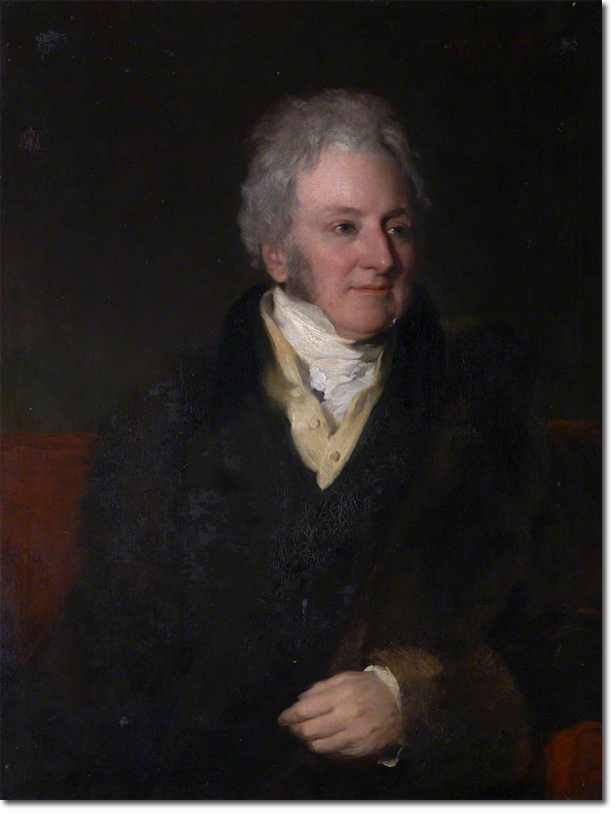|
|

 |
|
John Parker was aged just sixteen when he entertained George III and Queen Charlotte at Saltram House as the new Earl after his father had died the previous year and he became the Second Baron Borringdon. He matriculated at Christ Church, Oxford, on 7 April 1789, and was created DCL on 18 June 1799. He was gazetted lieutenant-colonel of the North Devon militia on 1 June 1794, and colonel on 1 November 1799.
rom an early age Boringdon took an active part in the debates in the House of Lords, and until the death of Pitt he supported the ministerial home and foreign policy. When, on 30 April 1800, Lord Holland moved to insert in the provisions for the union with Ireland a clause providing for the removal of Roman Catholic disabilities, he successfully opposed the proposal. After the death of Pitt he acted with Canning and claimed to have been Canning's earliest adherent in the House of Lords; they corresponded continually and intimately on political matters. Boringdon voted with the whigs in 1811 on Lansdowne's amendment for removing the restrictions on the regent, and on that relating to the removal of the officers of the household, both of which were carried by narrow majorities against ministers. On 19 March 1812 Boringdon, acting in concert with the whigs and moderate tories, moved an address to the regent for the formation of an efficient administration, the object in view being a coalition government, with Lord Wellesley as its chief. An amendment expressing general confidence in the government was carried by a large majority. In the following session Boringdon introduced in the House of Lords a bill for more effectually preventing the spread of infection from smallpox by provisions for vaccination, but withdrew it after the first reading, on the representation of the lord chancellor that 'the alterations confessedly to be made by the noble lord were more numerous than the whole of the rest of the bill'. In 1814 he introduced a similar bill, but withdrew it on the lord chancellor's stating that the spread of infection was punishable at common law. In a speech delivered on the question of Catholic emancipation on 26 February 1810, whose substance was published the same year, he declared himself favourable to the principle of relief, and characterized the notion of indefinite postponement as 'absolutely horrible', but protested against concessions made in fear or owing to the convenience of the moment. On 29 November 1815 Boringdon was created earl of Morley and Viscount Boringdon. He supported the repressive measures of 1819, but opposed the bill of pains and penalties against Queen Caroline in all its stages. After Canning's death he drifted into whiggism and became a firm supporter of parliamentary reform. |
Empire in Your Backyard: Plymouth Article
Armed Forces | Art and Culture | Articles | Biographies | Colonies | Discussion | Glossary | Home | Library | Links | Map Room | Sources and Media | Science and Technology | Search | Student Zone | Timelines | TV & Film | Wargames